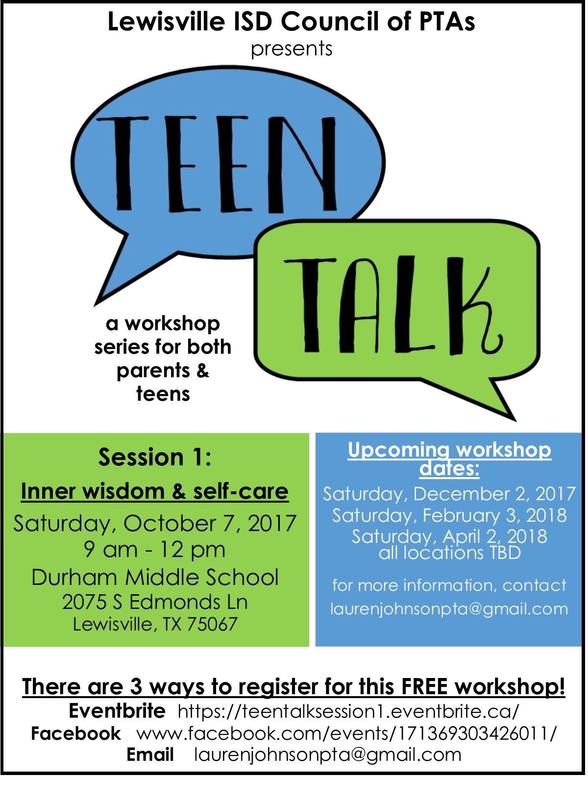|
One of the things I love most about what I do with students is that we learn so many things together. Yes, we learn about building a smart college list, and how to put together an excellent resume, and what types of essays make a committee applaud. But we also learn so great life skills: how to address an envelope and where the stamp goes (this one kills me – technology has really changed communication!), how to understand debt in the context of projected future earnings, and how to write a professional email to an admissions officer, dean of an honors college, or professor.
There are quite a few reasons why you might find the need to email your admissions officer. These include:
There is a good chance you will find yourself needing to email several admissions officers or college faculty in the course of your college planning process, but many students are stumped with how to do this. We’ve put together a little guide to help (life skills are where it’s at!). First, let’s get one thing out of the way: The email has to come from the student, sound like a student wrote it, and be responded to by the student. Mom and Dad, definitely help and guide, but students have to own their process and be in charge of their communication. Colleges expect this and might flag an applicant’s file if there is too much evidence the student is not college-ready or independent enough yet to handle the college environment. Here’s an outline of how to do this:
ii.Meeting request during campus visit iii.Checking on application status – CAID 975674 iv.Inquiry: Ability to double major in CS and Electrical Engineering
Here are a couple real example emails students have sent recently. Dear Mr. Pederson, My name is Firstname Lastname and I will be touring SMU this Friday. I'm emailing you to ask if there is a class I could sit in on, preferably an intro to journalism class or any class involved in the Fashion Media major. Going into SMU the Fashion Media major is what I would like to pursue and I would like to see a preview on how the classes interact and the involvement of the students. Thank you for your consideration! Firstname Lastname _________________________ Hello Mr. Jackson, My name is Firstname Lastname from Flower Mound High School here in North Texas. I wanted to give you my thanks for hand-writing that postcard in regards to my acceptance to KU! That alongside the notification of the KU Distinctions Scholarship really meant a lot to me. I went to the NorTex College Fair in Denton that The University of North Texas hosted, and I had the opportunity of meeting Allyson Peters! She was extremely helpful and gave me a lot of useful information. I wanted to point out something I discussed with her: The KU Excellence Scholarship. I had mentioned that I have taken the ACT exam three separate times, and that my highest score was a 26, which qualifies me for the Distinction scholarship. Would it be wise to take the ACT exam a fourth time to try and score a 28? The lady at the college fair mentioned that I could email you if I scored a 27, and while my tests superscore up to a 27, I'm aware that you guys don't superscore. Getting the Distinction scholarship is such an honor, but knowing that I'm still on the college search, should I take it one final time to see if I can raise it up higher than my past three exams? Thanks so much! -Firstname Lastname These both sound very much like high school students because they were written by high school students. We as adults might look at a phrasing here or there and want to correct it, but resist that urge. These are great – they are authentic, they reflect the student’s actual questions, and they communicate very professionally in the way that a 17 year old would communicate professionally. Guide your students to learn to write great emails and communicate well on behalf of themselves. Empower them by giving them examples and offering to review their work and give them feedback. And encourage them to reach out to build rapport to do the best job they can in their college planning process. Questions? Email me at [email protected] Hello senior students and parents!
By now, you have likely heard about the FAFSA, or Free Application for Federal Student Aid. The FAFSA will open on October 1st, so this is a one month heads up so you can be prepared and ready to file when it opens. I'm going to use this email as an explanation of what the FAFSA is, when to file it, what to have ready, etc. What it is: "FAFSA stands for Free Application for Federal Student Aid. This form is used to determine the amount of money a family is expected to contribute to the price of attending a postsecondary institution. The results of the FAFSA are used in determining student grants, work study, and loan amounts." Why it's important: Filing the FAFSA is important, regardless of whether or not you think you will qualify for financial aid. It's well worth your time to do so (plus it's easy, so no excuses). After you file the FAFSA (and have been accepted to a college), you will receive your formal financial aid offer. It's only then you will know how much your education is going to cost for that particular school (this is a reason you should consider waiting to accept an admissions offer until after you receive all financial aid offers if finances are an important part of the equation). The FAFSA also serves as the paperwork necessary to qualify for federal loans (all students, regardless of income, qualify for $5,500 in federal loans. This is a student loan in the student's name). The interest rate you will get is way better than the bank for these federal loans. What can I do right now? There is no longer a PIN for the FAFSA; it has been replaced by what is called the FSA ID. The FSA ID is how you submit the FAFSA electronically. It serves as your certified digital signature. You can sign up for this now (and I recommend you do so). Both you and your student will need an FSA ID to complete the FAFSA. Only one parents needs an FSA ID. You can get that set up right now through this link: https://fsaid.ed.gov/npas/index.htm When can I file the FAFSA? Starting October 1st, you will be able to use that FSA ID to complete the FAFSA. October 1 is the earliest you can complete the form (this is a much earlier deadline -- it used to be January 1. Parents who have filed before, take note!). I recommend doing it as soon after October 1st as possible. You do not need to have filed this year's taxes to complete the FAFSA. Instead, you'll be using tax information from the most recently filed tax year (this is also a relatively new change to the FAFSA, called Prior-Prior-Year. You can read more about that here). The important thing is filing early. Where do I go to file the FAFSA? This is the link you can use to file the FAFSA starting in October: https://fafsa.ed.gov What do I need to have ready?
If you have any questions about how to file the FAFSA, there are numerous free resources out there. Here is a link to a super in depth guide put out by a company called Edvisors, which specializes in college financial aid consulting. It's a terrific guide. For nuanced or unique questions, I would consult the website finaid.org. One more thing to be aware of with financial aid forms is that there are several colleges, especially private colleges, that require additional forms like the CSS profile or a university specific financial aid form. To check to see if any of your colleges require the CSS Profile (in addition to the FAFSA), you can check this link: https://profileonline.collegeboard.org/prf/PXRemotePartInstitutionServlet/PXRemotePartInstitutionServlet.srv For every school to which you have applied, you should consult the school's financial aid webpage. Check the deadlines and requirements for each college. I hope your fall is off to a great start. I am thankful for so many things, and working with awesome students and families is one of the most important in my life. I truly love what I do and I am honored and thankful to you for allowing me the opportunity. Let us know if you have questions. We are always happy to be helpful. |
About Us
We are a full-service academic advising and college planning team. We started up shop in 2013 because we are passionate about helping students pursue opportunities for elite higher education. Need help? Want to know more? (972) 755-9507 Archives
September 2019
Categories
All
|



 RSS Feed
RSS Feed
